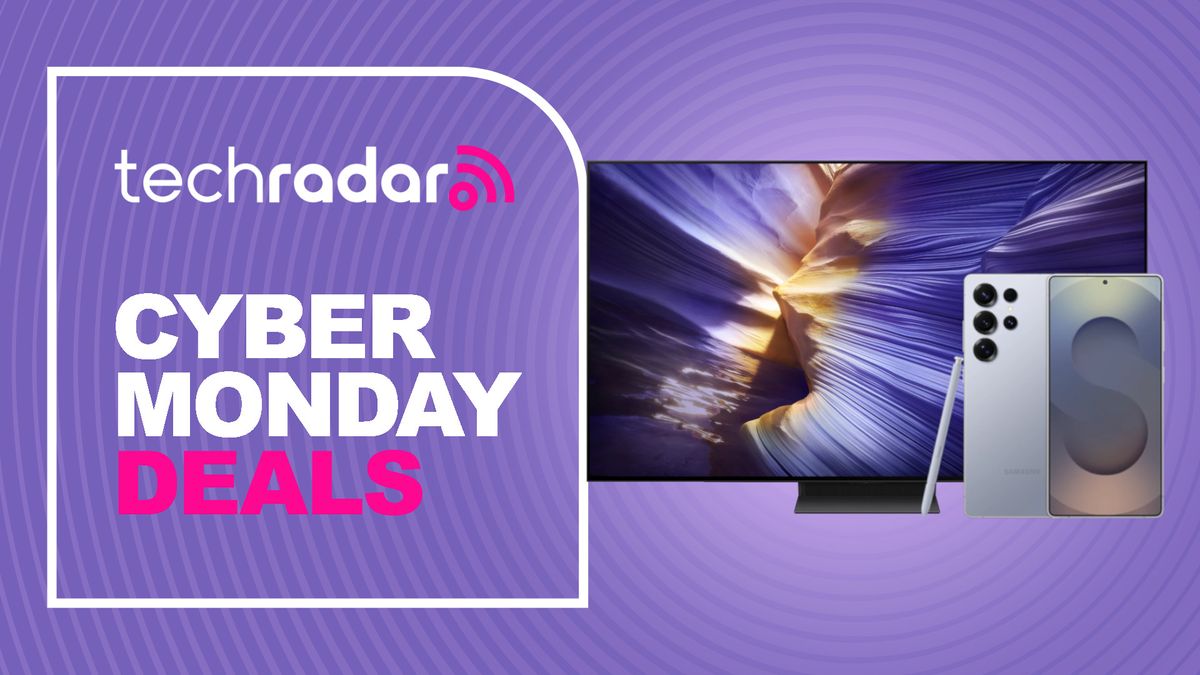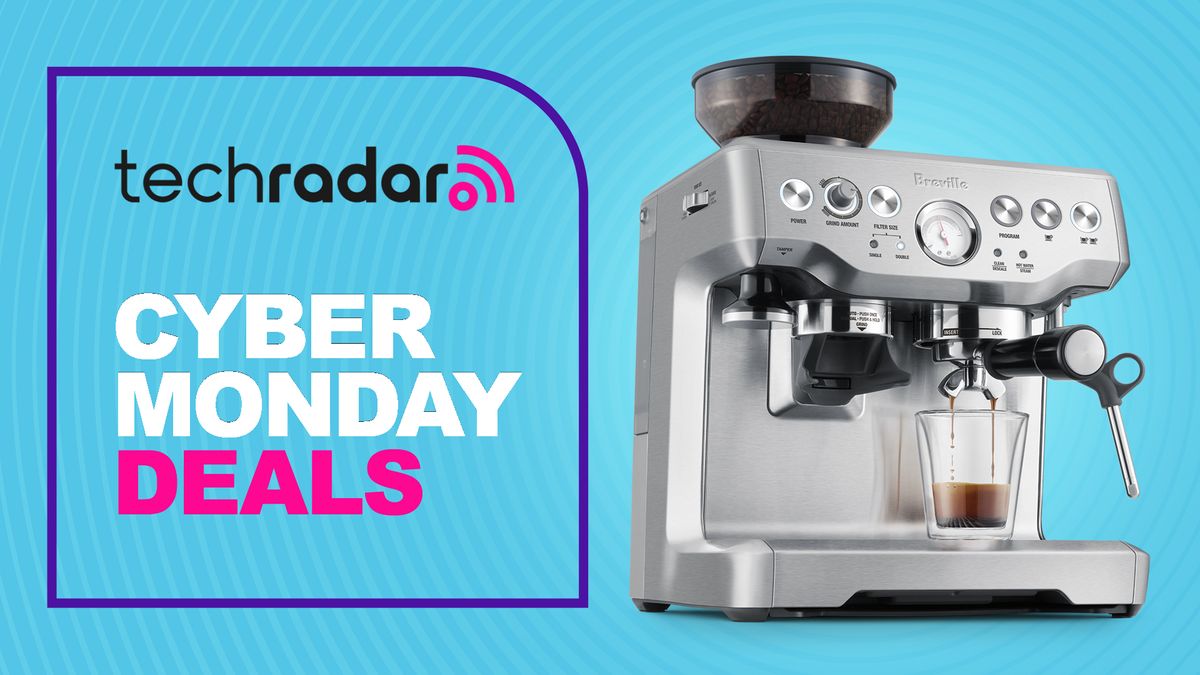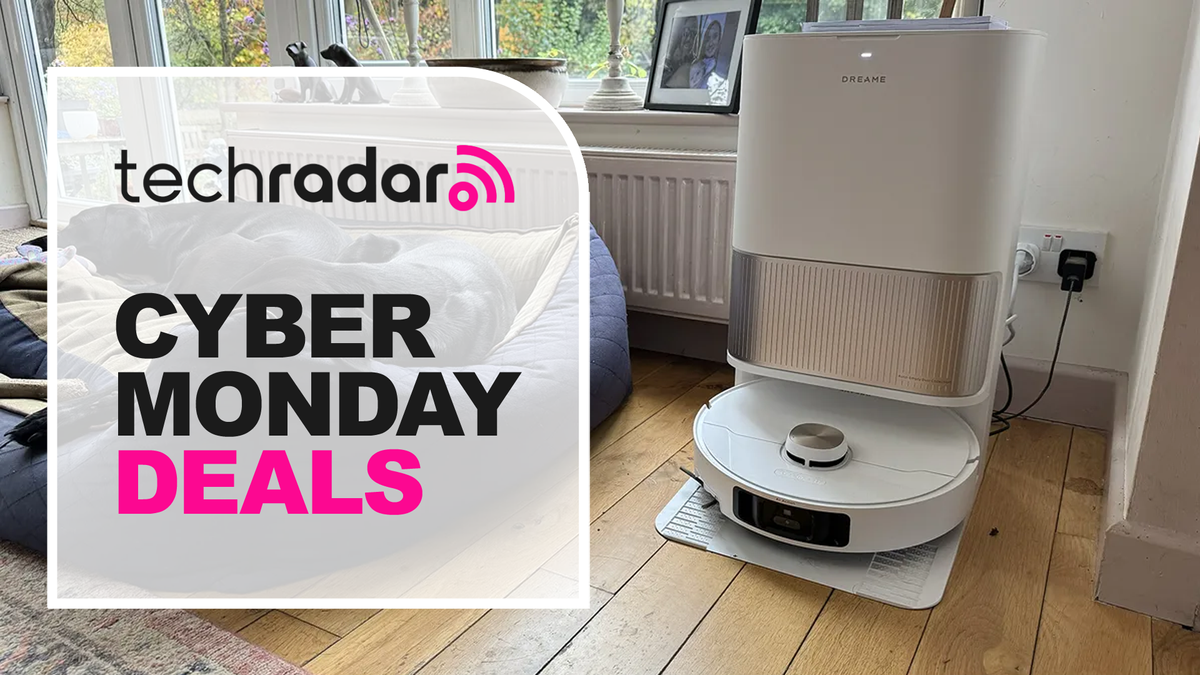Nvidia became one of competitor Intel’s largest shareholders on Thursday with a $5 billion stake. The two companies will collaborate to jointly develop PC chips and data centers.
Once the dominant name in chips, Intel had been in a steady decline in recent years as it failed to keep up with peers like Nvidia in the AI race.
The company started its official turnaround strategy last year by ousting its previous CEO Pat Gelsinger, who was eventually replaced by Lip Bu-Tan a few months later.
Last month was a whirlwind for both Bu-Tan and Intel: Trump initially called for the CEO’s immediate resignation, citing “conflicts of interest” due to alleged ties to China. Only a few days of lobbying after, Trump not only walked back his words and called Bu-Tan “a success” but also announced a deal that would have the U.S. government take a 10% stake in Intel.
Announcing the deal on Truth Social, Trump said that the “United States of America now fully owns and controls 10% of INTEL.”
That investment, it turns out, was the real comeback for Intel. In its effort to become more competitive in the chips space, Intel now has the help of Nvidia, the biggest name in AI chips. The announcement sent Intel’s stock soaring by more than 30%.
There’s likely more in it for Nvidia than just the stake. The deal is well-positioned to put Nvidia in favor with the government, crucial as the company tries to convince Trump to allow it to sell more advanced chips to China.
Nvidia has been on a months-long rollercoaster ride when it comes to its chip sales in China. The company had been selling lower-tech China-special chips to the region under Biden-era export controls. Trump imposed a blanket ban on all sales in April as part of a greater trade escalation between the two countries.
It took Nvidia CEO Jensen Huang a months-long schmoozing effort to get Trump to undo his ban. The effort involved a $500 billion investment in U.S. manufacturing, a trip with Trump to the UAE to announce a data center deal, and agreeing to give the government a 15% cut of the company’s revenue coming from chip sales in China.
Since the ban got lifted, Huang has been vocal about his desire to sell a higher-tech chip called B30A to China. It’s not yet certain whether Trump will allow that. Or where China stands on it, either.
Beijing is not happy about getting downgraded Nvidia chips and made that clear on Wednesday when the Financial Times reported that the Chinese government had banned the low-grade RTX Pro 6000D chip in China, one of the two chips that Nvidia is allowed to sell there. Instead of relying on Nvidia chips, Beijing now allegedly has confidence that domestic chip offerings are at par with Nvidia’s China-specific ones.
A Trump-led tech industry
Trump’s influence in tech is undeniable. Only eight months into his presidency, CEOs of major tech companies have shown solidarity with him time and again, from standing front stage at the inauguration to promising billions of dollars of investments and accompanying the President on state visits.
For example, Trump flew to meet with the UK Prime Minister on Tuesday and has been there since. His state visit to the UK included billions of dollars’ worth of UK investment deals announced by American big tech giants Nvidia, Google, Microsoft, OpenAI, and Salesforce. The trip is not even done yet.
Trump has so far responded in kind, advocating for these tech giants’ interests in diplomatic conversations, sometimes at the risk of disrupting ties with long-term American allies like the EU. The Trump administration has also dropped a third of all investigations into big tech.
The developments have raised some concern as the close ties between these tech CEOs and the Trump administration have been dubbed online as a “tech broligarchy.”










 English (US) ·
English (US) ·